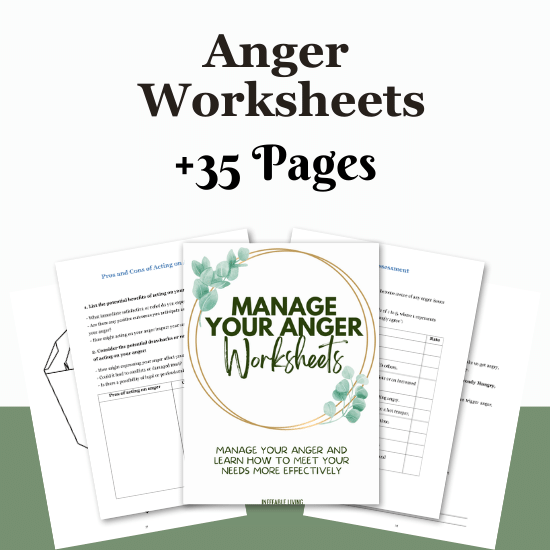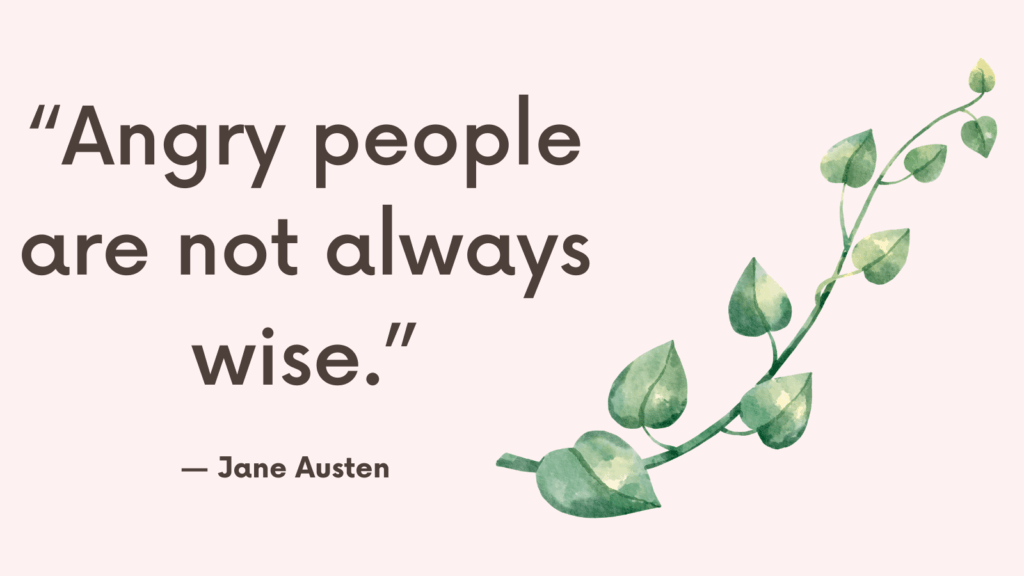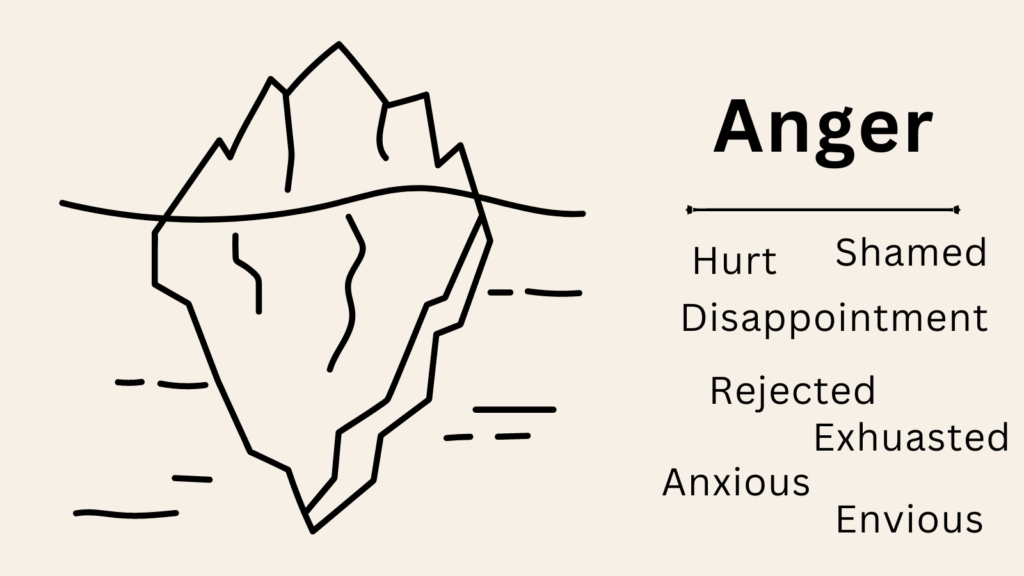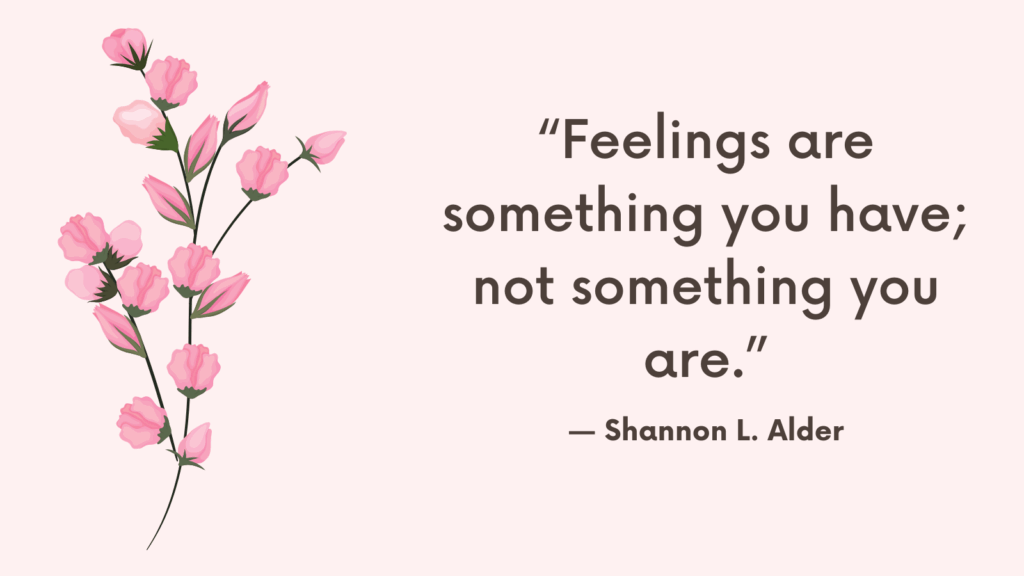Dealing with someone who is constantly angry can drain your energy, confuse your emotions, and disrupt your sense of safety. Whether it’s a partner, parent, coworker, or friend, setting boundaries with chronically angry individuals is essential to protect your peace and prevent emotional harm. Boundaries aren’t about controlling them — they’re about honoring yourself.
Understanding Chronic Anger
Chronic anger is more than occasional frustration — it’s a persistent emotional state that influences how a person thinks, reacts, and relates to others. Unlike situational anger, which fades once a problem is resolved, chronic anger lingers, often becoming part of someone’s personality and affecting their relationships, health, and quality of life. Understanding it is the first step toward navigating it effectively.
Chronic anger is a long-term, recurring pattern of irritability, resentment, or hostility. It may not always involve outbursts — it can also show up as bitterness, sarcasm, cynicism, or quiet resentment that builds over time.
Signs of Chronic Anger
- Frequent irritability or impatience
- Overreaction to minor inconveniences
- Constant blaming or criticizing
- Persistent resentment or grudges
- Passive-aggressive behavior
- A sense of emotional heaviness or tension
Common Root Causes
- Unresolved trauma or grief that’s never been processed
- Chronic stress or burnout that wears down emotional tolerance
- Feeling powerless or unheard in important relationships or roles
- Unmet emotional needs such as love, respect, or safety
- Low self-esteem masked by external control or criticism
- Learned behavior from angry family dynamics or past abuse
Related: Beyond Just Anger: How to Manage Intermittent Explosive Disorder?
How to Set Boundaries With Chronically Angry People?
1. Acknowledge the Pattern Honestly
Stop hoping their anger will just go away on its own. Chronic anger is a pattern, not a phase. Recognizing its frequency and impact is the first step toward taking protective action.
2. Identify What Behavior You Won’t Accept
Get clear on what crosses your limits — yelling, cursing, name-calling, stonewalling, threats, sarcasm, or passive-aggressive comments. Define these behaviors privately before confronting them.
3. Use Calm, Direct Language
Communicate your boundary clearly, without blame:
- “I’m not okay with being yelled at.”
- “If you raise your voice, I will step away from the conversation.”
- “I’m willing to talk when we’re both calm.”
Related: How to Master the Pause Before Reacting?
4. Enforce Boundaries With Consistency
Don’t set a boundary you aren’t ready to keep. When it’s crossed, follow through — leave the room, end the call, or remove yourself from the situation. Repetition teaches people you’re serious.
5. Detach From Their Emotional Reactions
Chronically angry people may try to guilt, intimidate, or blame you for their behavior. Remind yourself: their anger is their responsibility. You are allowed to step away from dysfunction without explaining or defending yourself.
6. Protect Your Emotional Energy
Minimize unnecessary contact, limit deep conversations, and don’t argue. Use neutral responses like “I hear you,” or “I’m not engaging in this right now” to disengage calmly.
7. Don’t Try to Fix or Heal Them
You are not their therapist. While compassion is important, it should not come at the cost of your own emotional safety. Encourage them to seek professional help, but do not make it your job.
8. Create Safe Physical and Emotional Space
If you live with them, establish private spaces where you can retreat and recharge. If possible, spend more time in calming environments and with emotionally safe people.
Related: Frustration Intolerance: Understanding It and Building Patience
9. Use Time Limits and Boundaries Around Access
It’s okay to say:
- “I need a break from this conversation.”
- “I’ll call you when I’m ready to talk again.”
- “I’m not available to talk today.”
Control how much access they have to your time and mental space.
10. Make Long-Term Decisions If Needed
If the person refuses to respect your boundaries, consider creating more distance — emotionally, physically, or permanently. Chronic anger that goes unchecked can become emotional abuse. You have the right to choose peace over prolonged chaos.
What to Do When Your Boundaries Are Ignored
1. Reaffirm Your Boundary Calmly
Restate your boundary with clarity and without anger. Don’t defend or over-explain — just repeat it:
- “I’ve said I won’t stay in conversations where I’m yelled at. I’m leaving now.”
- “I told you I won’t engage when you insult me. This ends here.”
Consistency reinforces that your boundary is real and non-negotiable.
2. Follow Through With Consequences
A boundary without a consequence is a suggestion. If you say you’ll walk away, walk away. If you say you’ll leave the room, hang up, or end a visit — do it. Your actions teach others how seriously you take your limits.
Related: Top 14 CBT Exercise For Anger Management (+FREE Anger Worksheets)
3. Stop Trying to Make Them Understand
Some chronically angry people will never fully validate or respect your needs. Don’t waste energy trying to make them “get it.” Boundaries are about your behavior, not their approval.
4. Detach Emotionally
Let go of the need to please, fix, or manage their emotions. You are not responsible for their reactions to your boundaries. Detachment allows you to stay calm and in control of yourself, even when they lose control.
5. Use Minimal or Neutral Interaction
When boundaries are repeatedly ignored, limit emotional engagement. Stick to practical communication only, or take extended breaks. Silence, space, and reduced access can be powerful responses to repeated disrespect.
6. Lean on a Support System
Talk to friends, a therapist, or a support group. When your boundaries are under constant attack, having people validate your experience and remind you of your worth is critical for mental health.
7. Assess for Emotional Abuse
Chronic boundary violation, paired with anger, control, or fear tactics, may be a sign of emotional abuse. Ask yourself:
- Do I feel safe expressing myself?
- Do I walk on eggshells around them?
- Are they using anger to control or intimidate me?
If the answer is yes, it may be time to seek outside help or consider distancing yourself more permanently.
8. Reevaluate the Relationship
If your boundaries are continuously ignored despite clear communication and follow-through, you may need to ask:
- “Is this relationship sustainable?”
- “What is this costing me emotionally, mentally, or physically?”
Letting go may be painful, but staying in a relationship that erodes your self-respect is even more damaging.
9. Be Willing to Walk Away
Sometimes the ultimate boundary is distance. You may need to leave the room, end the visit, take a break, or — in extreme cases — walk away from the relationship entirely. Staying is optional; protecting yourself is not.
Related: Assertive Anger: What It Is & How to Practice It

Conclusion
Setting boundaries with chronically angry people isn’t about changing them — it’s about protecting you. When you value your emotional well-being, you teach others how to treat you, and you create the conditions for genuine peace and connection.



